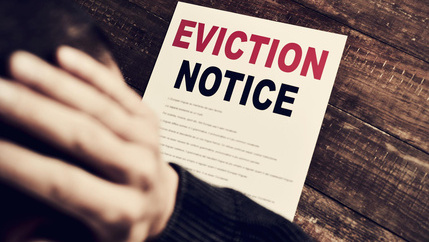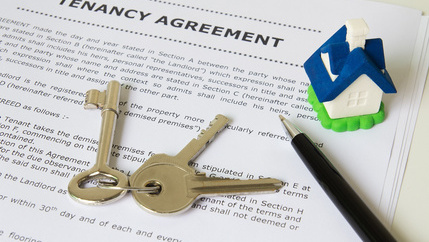Lettings Helpline FAQs
Abandoment
Find out what constitutes the surrender of a tenancy, when you can legally re-enter the property if you believe the tenant has left, and how abandonment affects joint tenancies.
Block management
Understand the obligations of the landlord or managing agent for providing and maintaining communal services, such as heating, and what to do if they stop working.
Criminal activity
Explore our comprehensive guide on navigating potential criminal activity in tenant backgrounds, providing letting agents with essential questions and insights to ensure a secure and lawful rental process.
Data protection
Keeping data safe doesn’t mean it should never be shared. Find out what information should be provided to landlords, tenants, and third parties and how to ensure you share compliantly.
Death in tenancy
Learn how to navigate the legal implications of the death of a landlord or tenant during a tenancy, including what happens to surviving joint tenants.
Decent Home Standards
Clarity on responsibilities, legal obligations, and best practice when dealing with property maintenance and repair, and how quickly action should be taken when an issue is reported.
Deposits
Common questions on the procedure surrounding collecting, protecting, and returning deposit payments, and what information must be given to the tenant.
Energy efficiency and EPCs
Understand when an Energy Performance Certificate is required, how the rules apply to non-standard properties, and when a property could be exempt. Plus, what is the landlords’ responsibility for improving energy efficiency?
Evictions
Commonly asked questions about how and when to serve notice of eviction, and the procedure to follow if a tenant does not vacate.
Guarantors
The key information you need to ensure a deed of guarantee is set up correctly so that the guarantor, the tenant, and the landlord are protected.
Houses in Multiple Occupation (HMOs)
Managing Houses in Multiple Occupation is a complex task. Get straightforward answers on liabilities, licensing, and legal definitions.
Landlord issues
Find out more about a landlord's responsibilities when it comes to a variety of issues, including insurance, residing abroad and the non-resident landlord scheme (NRLS)
Material information
What is material information and how much of it is an agent legally required to provide to a prospective tenant? Find out all you need to know.
Mental health
Clarity on how a landlord can support a tenant with mental health issues, including all you need to know about implementing a Mental Health Crisis Breathing Space.
Notices
Clear guidance on handling tenant notices in England, including everything you need to know about Section 21 and Section 8 notices, notifying tenants of changes, and the correct process for serving eviction notices.
Permitted occupiers, sub-letting and lodgers
Essential information on managing permitted occupiers, sub-letting, and lodgers, covering lodger agreements, eviction processes, and landlord obligations.
Rent, arrears and fees
Understand the financial responsibilities of all parties involved in a rental agreement, including the necessary actions in the event of rental arrears.
Right to rent
All your questions answered on the latest regulations regarding Right to Rent, including what an IDVT/IDSP is and how applicants can use the share code system.
Safety responsibilities
Learn about the critical responsibilities for ensuring a safe rented property, covering gas, fire, and electrical safety, including EICR certification and tenant requests for EV charging points.
Tenancy agreements
Clear insights into the technicalities of tenancy agreements, covering electronic signatures, rights under assured shorthold tenancies (ASTs), protected tenancies, break clauses, and specific guidelines for handling unique tenancy situations.
Tenant issues
Find out what responsibilities a landlord has when it comes to the early release of tenants, entering a property without consent, and refusing a tenant's request to have pets.
Working practices
Key guidance on working practices, from managing abandoned belongings and unreturned keys to AML duties and tenant requests.






















